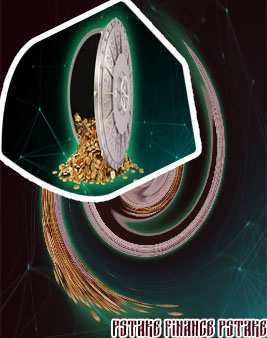
Crypto staking
Is staking crypto safe?
Binance Coin (BNB) Stake bitcoin To keep validators in check, they can be penalized if they commit minor breaches such as going offline for extended periods of time and can even be suspended from the consensus process and have their funds removed. The latter is known as “slashing” and, while rare, has happened across a number of blockchains, including Polkadot and Ethereum.
Cryptocurrency staking
Company Best Coins to Stake Buterin also touched on the topic of the EigenLayer protocol during the podcast. This protocol allows Ethereum validators and stakers to “re-stake” their assets onto other emerging networks. While it’s still in its testnet phase and not expected to launch until Q3 2023, Buterin highlighted that it poses “centralization risks.” He explained that the system would value trustworthy stakers more than untrustworthy ones, and the former are less likely to get slashed.
How Long Will My Ethereum Be Locked Up If I Stake It?
To stake Ether means becoming a validator, one of the pillars of proof-of-stake protocols. A validator is an entity who participates directly in Ethereum network consensus by authenticating transactions, creating new blocks on the chain and monitoring for malicious activity. Validators support the Ethereum protocol first-hand, and get subsequent rewards for doing so. What is Staking coins? When you stake your crypto, it is locked in a smart contract and unavailable until it is formally unstaked, a process known as unbonding. For many, that is not a problem because they are content with sitting back as the crypto earns yield. For others, this is a major problem because they cannot use that crypto as collateral for lending and borrowing in decentralized finance (DeFi).
